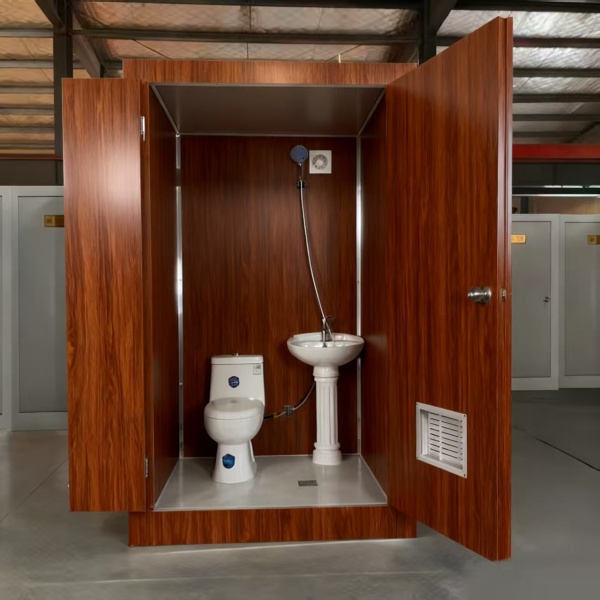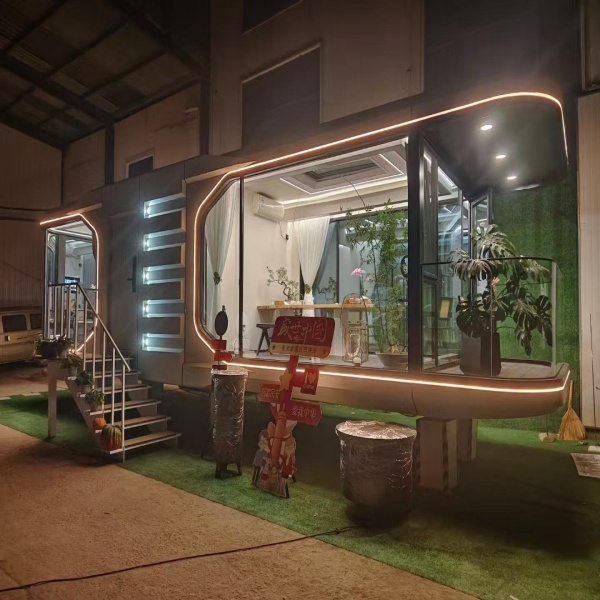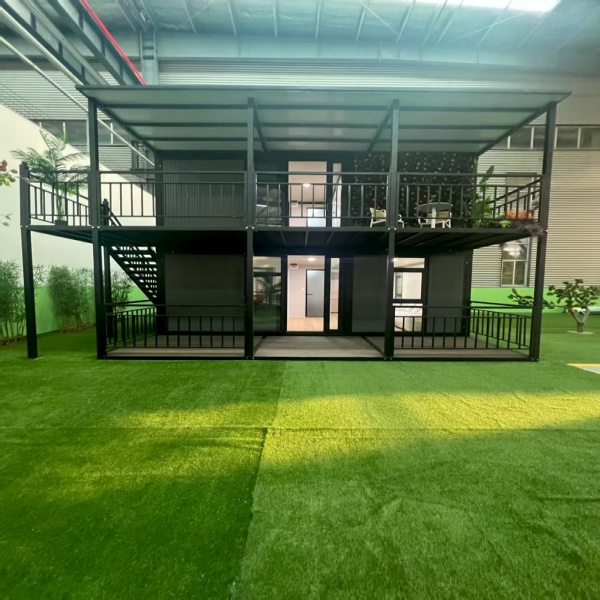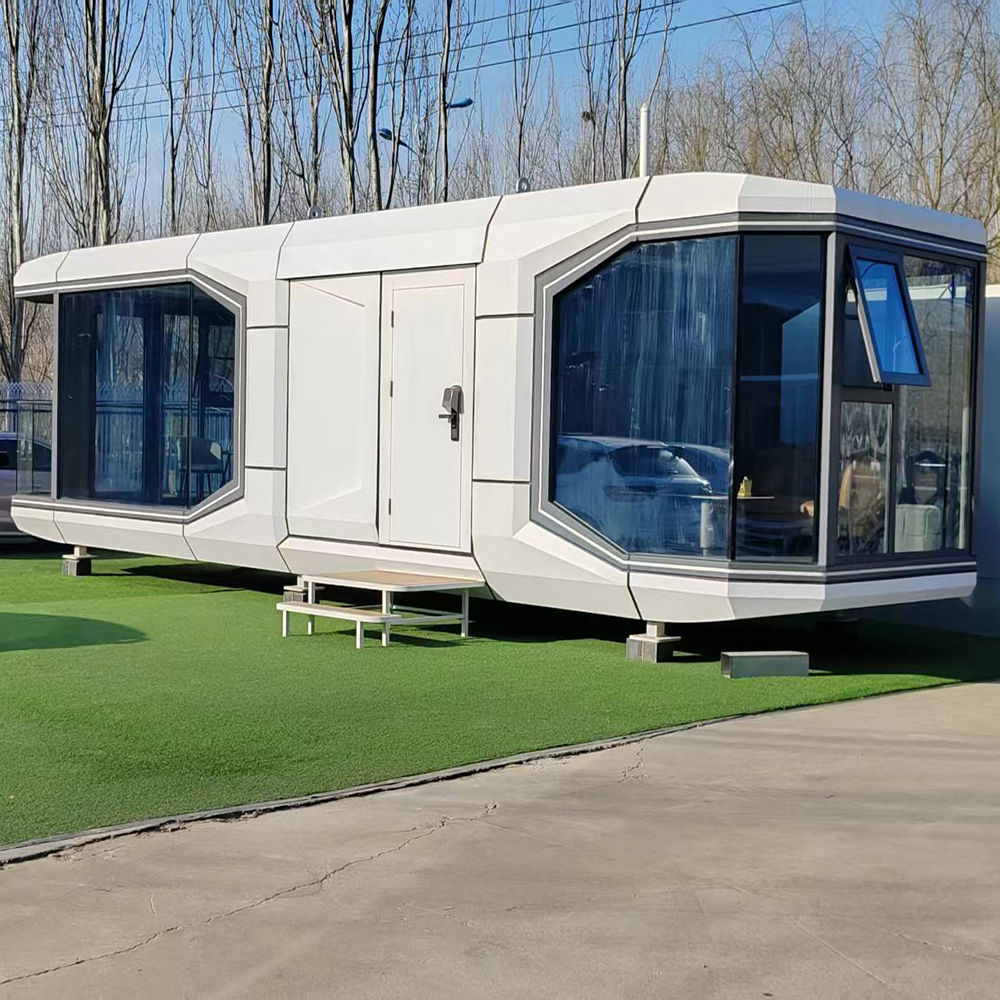-
E-mail
Austin120521@outlook.com -
E-mail
sales@jujiuhouse.com -
Telephone
+86-17864099991 -
Telephone
+86-17854044442
- Chinese
- French
- German
- Portuguese
- Spanish
- Russian
- Japanese
- Korean
- Arabic
- Irish
- Greek
- Turkish
- Italian
- Danish
- Romanian
- Indonesian
- Czech
- Afrikaans
- Swedish
- Polish
- Basque
- Catalan
- Esperanto
- Hindi
- Lao
- Albanian
- Amharic
- Armenian
- Azerbaijani
- Belarusian
- Bengali
- Bosnian
- Bulgarian
- Cebuano
- Chichewa
- Corsican
- Croatian
- Dutch
- Estonian
- Filipino
- Finnish
- Frisian
- Galician
- Georgian
- Gujarati
- Haitian
- Hausa
- Hawaiian
- Hebrew
- Hmong
- Hungarian
- Icelandic
- Igbo
- Javanese
- Kannada
- Kazakh
- Khmer
- Kurdish
- Kyrgyz
- Latin
- Latvian
- Lithuanian
- Luxembou..
- Macedonian
- Malagasy
- Malay
- Malayalam
- Maltese
- Maori
- Marathi
- Mongolian
- Burmese
- Nepali
- Norwegian
- Pashto
- Persian
- Punjabi
- Serbian
- Sesotho
- Sinhala
- Slovak
- Slovenian
- Somali
- Samoan
- Scots Gaelic
- Shona
- Sindhi
- Sundanese
- Swahili
- Tajik
- Tamil
- Telugu
- Thai
- Ukrainian
- Urdu
- Uzbek
- Vietnamese
- Welsh
- Xhosa
- Yiddish
- Yoruba
- Zulu
- Kinyarwanda
- Tatar
- Oriya
- Turkmen
- Uyghur

Buy folding house boxabl
Exploring the Potential: Buying a Folding House from Boxabl
Folding houses, like those from Boxabl, have been making waves in the housing sector. They're compact, efficient, and promise a solution to the ever-growing problem of housing shortages. However, the excitement around such innovations sometimes outpaces their practical implementation. So, what’s the real story behind purchasing a folding house, and does it truly live up to the expectations?
The Appeal of Folding Homes
There's a certain fascination with homes that assemble rapidly, like Boxabl's offerings. People often imagine a quick fix to housing woes: just unfold and live. From my experience in the industry, though, there's more to it. The promise of a seamless setup meeting comfortable living standards has its complexities.
The use of durable materials and efficient designs offers much, yet it's crucial to understand the limits. For instance, local zoning laws can sometimes throw a wrench in the works. It's not uncommon for ambitious projects to stumble on regulations that were last updated decades ago, long before folding houses entered the scene.
This challenge is something that Shandong Jujiu Integrated Housing Co., Ltd. understands well. At our core, we strive for precision in designing integrated homes that balance innovation with compliance. It’s not just about the house but ensuring it fits where it needs to be.
From Concept to Reality
Transitioning from concept to implementation is where many projects falter. Take the case of a colleague who eagerly pursued a folding house to address a demand in a budding urban area. The elements were all there: easy setup, cost efficiency, and appeal. Yet, they faced unexpected licensing delays.
Shandong Jujiu sees this as an opportunity to innovate further. We believe in a comprehensive approach, integrating research, development, and regulatory navigation into our processes. Our website, jujiuhouse.com, details how these steps are foundational to our strategy.
The journey isn’t without its roadblocks, but those who navigate it successfully find a rewarding market. The trick is patience and meticulous planning, ensuring every phase from design to deployment is clear and compliant.
The Adaptability Factor
One of the strengths of folding houses lies in their adaptability. Boxabl, for instance, promotes versatility, a concept that resonates deeply within our framework at Shandong Jujiu. Each project must adapt to its environment, whether that’s standing against harsh winters or sweltering summers.
I’ve witnessed instances where customers needed custom solutions, from special insulation to specific structural tweaks, to maximize their new space's functionality. This adaptability speaks volumes about the future of housing—one that isn't just portable but customizable to needs.
This adaptative approach encourages active dialogue with clients and potential buyers, tailoring solutions without losing sight of efficiency. Flexibility in design isn't just an added feature; it’s a necessity in today’s multifaceted housing market.
Navigating the Costs
Cost-efficiency is often touted with folding houses, but what does that look like in practice? At Shandong Jujiu, we break it down beyond just production costs. It's about energy efficiency, long-term maintenance, and value retention over time.
A prospective buyer needs to consider initial costs versus eventual savings. I've observed projects where upfront investment seemed steep but balanced out within a decade due to reduced utility bills and maintenance costs.
Our experience has shown that informed customers appreciate transparency on these factors. They want assurances their investment will not just be financially wise but aligned with sustainability and future scalability.
Looking to the Future
There's no denying the allure of a folding house. They are emblematic of a forward-thinking approach to living spaces. However, they require a grounded perspective on integration into current living environments.
At Shandong Jujiu, we continue to explore this horizon, offering not just products but informed pathways for their integration. It’s a journey filled with learning and adaptation, reflecting a broader trend of rethinking how homes are built.
In conclusion, while the vision of a quick, efficient, and flexible home is enticing, the reality involves negotiations of dreams with regulations and practicalities. With the right partners and knowledge, though, folding houses can indeed become a staple of modern living.
Related products
Related products
Best selling products
Best selling products-
 Dual-Wing Folding Container House: Fast Assembly, Space-Saving & Multi-Scene Adaptable
Dual-Wing Folding Container House: Fast Assembly, Space-Saving & Multi-Scene Adaptable -
 Waterproof folding container house – mobile accommodation for campsites/scenic spots
Waterproof folding container house – mobile accommodation for campsites/scenic spots -
 Portable outdoor camping bathroom, mobile toilet, prefabricated modular villa & rental of outdoor and indoor showers
Portable outdoor camping bathroom, mobile toilet, prefabricated modular villa & rental of outdoor and indoor showers -
 Easy Install Customized Detachable Container Homes Extendable House Prefab 2 Floors Expandable Container House
Easy Install Customized Detachable Container Homes Extendable House Prefab 2 Floors Expandable Container House -
 Good Quality Modular Homes Prefabricated House Expandable Container House 20FT Mobile Flat Roof House
Good Quality Modular Homes Prefabricated House Expandable Container House 20FT Mobile Flat Roof House -
 A container house with a terrace and double-wing folding design, suitable for various purposes such as offices, meeting rooms, living rooms, etc.
A container house with a terrace and double-wing folding design, suitable for various purposes such as offices, meeting rooms, living rooms, etc. -
 Movable Prefabricated Container House Villas Modular Portable Homes 1 Bedroom Container House Offices Apartments
Movable Prefabricated Container House Villas Modular Portable Homes 1 Bedroom Container House Offices Apartments -
 Outdoor ecological capsule rooms, luxury pods, space capsule hotel rooms, prefabricated space capsules, container houses
Outdoor ecological capsule rooms, luxury pods, space capsule hotel rooms, prefabricated space capsules, container houses -
 Hot-selling foldable container houses, expandable prefabricated houses, suitable for office or living use, with fast delivery.
Hot-selling foldable container houses, expandable prefabricated houses, suitable for office or living use, with fast delivery. -
 Detachable Design Prefabricated Container House Portable Modular Office Building Folding Container House
Detachable Design Prefabricated Container House Portable Modular Office Building Folding Container House -
 Luxury foldable two-story container houses in luxury resort hotels and villa hotels
Luxury foldable two-story container houses in luxury resort hotels and villa hotels -
 Factory Direct Sales Office Folding Container Luxury House Living Container House
Factory Direct Sales Office Folding Container Luxury House Living Container House











